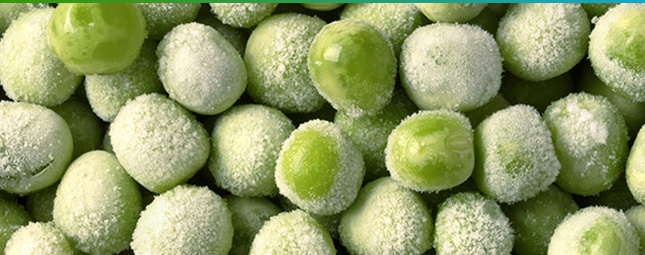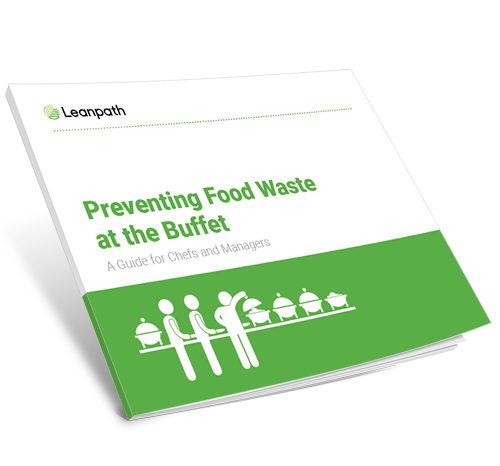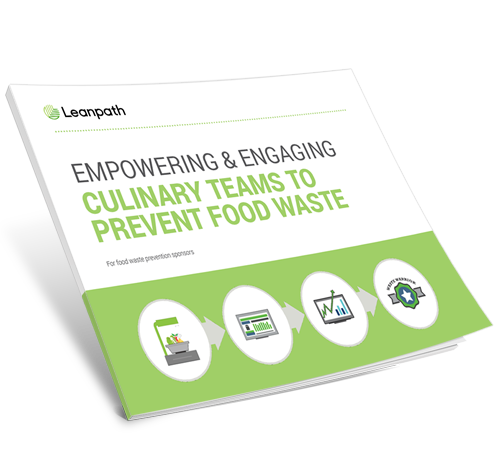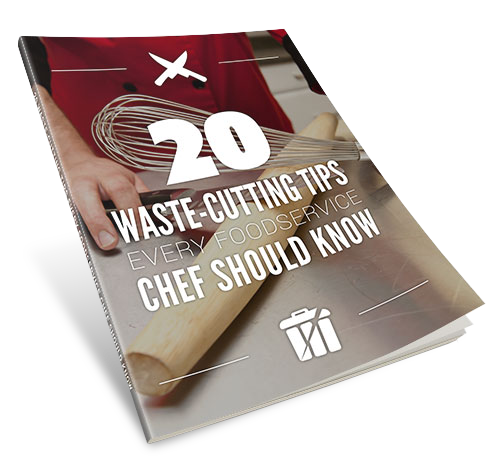11 Tips to Up Your Freezing Game

A key to preventing food waste is preserving good food for as long as necessary, and freezing is obviously a great way to do this. Although freezing is fast and efficient, there are a few tips and tricks to ensure frozen food maintains its texture, taste, color and quality.
The most important things you need to know about freezing are:
1. Freeze as quickly as possible
Freezing food slowly will cause ice crystals to form and expand. This causes food to lose its texture and become mushy. Flash freezing is your friend.2. Keep air out
Even a little bit of air will cause the surface of food to dry out and develop freezer burn.3. Chill everything before freezing
Putting hot items directly in the freezer is so wrong. It increases the temp of your freezer, it causes food to freeze slowly, and it causes condensation to form in your containers. Chill then freeze.4. Label, label, label
Everything you put in your freezer needs to be labeled and dated. It’s hard to remember what is in that container or bag a few weeks down the road. Label with: item, number of portions and date frozen.5. Use the right container
Whether it’s a freezer bag, plastic Tupperware container, foil, butcher paper or plastic wrap. The key is to minimize the air in the container or wrap. If using a plastic container, leave just enough room for the frozen food to expand a bit, but you don’t want a quart container for 2 cups of soup.
6. Portion before freezing
This helps you defrost only what you will need for that meal period. Portioning also allows for a faster defrost time.
7. Freeze foods while they are still fresh
As soon as you know you aren’t going to use it, freeze it.
8. Never use glass
It's too easily cracked.
9. A full freezer is a happy freezer
Your freezer will work more efficiently if it is full. The frozen items help hold the temp below zero, and it will take less energy for your freezer to run.
10. Try not to refreeze thawed food.
Although it’s more of a quality issue than food safety issue, refreezing can cause loss of flavor, change of texture, and dullness of color for most foods.
11. Keep a gallon sized freezer bag in the freezer for all your vegetable scraps.
When it gets full, make a stock - then freeze that!
And a few things you shouldn’t freeze:
- Raw or hard-boiled eggs. Egg whites freeze well if put into a plastic bag. Just be sure to label how many whites are in there.
- High water content items—lettuces, potatoes, apples, cucumbers, and soft herbs—really lose their texture after freezing.
- Most dairy items separate if frozen—cottage cheese, milk, cream, etc.
- Egg-based sauces or salad dressings
- Sauces or soups thickened with cornstarch or flour.
- Anything carbonated.
Download these guides and get started
on your food waste prevention journey today!
 Preventing Food Waste at the Buffet: A Guide for Chefs & Managers |
 Empowering & Engaging Culinary Teams to Prevent Food Waste |

